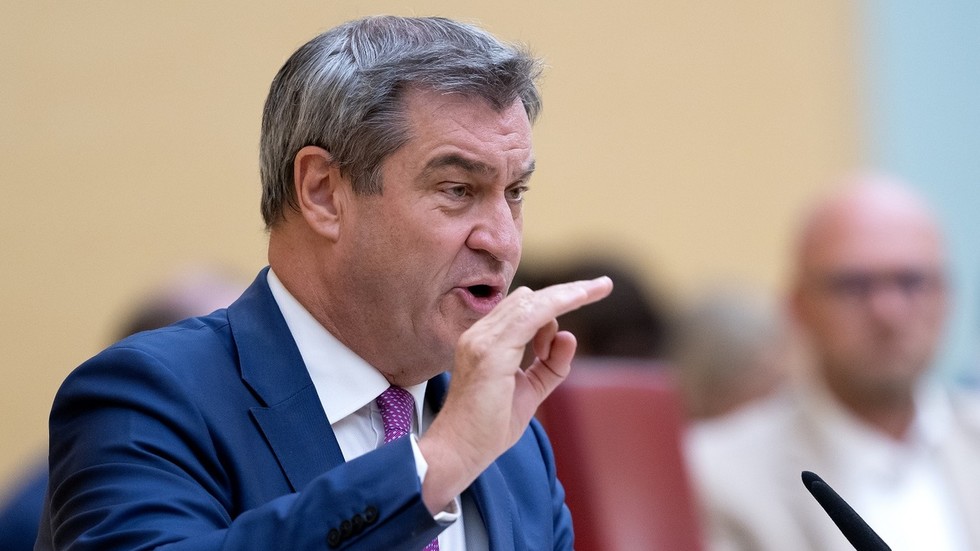German Christian Democrats Propose Major Policy Change on Ukrainian Refugee Welfare
In a significant political statement, Markus Söder, head of the Christian Social Union (CSU), has outlined a proposed policy shift for Germany that could profoundly impact Ukrainian refugees in the country. Söder, who also leads the state of Bavaria, revealed that the Christian Democratic Union (CDU) and its Bavarian sister party CSU, if elected to power, would prioritize the welfare of German citizens and potentially curb social benefits currently provided to Ukrainian nationals.
The Current Landscape of German Politics
Germany’s CDU and CSU have been in opposition since losing the 2021 elections to a three-party coalition led by Chancellor Olaf Scholz. With the next federal election slated for no later than October 2024, both parties are actively formulating their platforms in a bid to regain governance. Söder’s recent statements highlight a stricter approach to refugee welfare, especially concerning Ukrainians who fled the ongoing conflict with Russia.
The Proposed Changes
In an interview with Munich-based daily newspaper Münchner Merkur, Söder stated that a CDU/CSU government would reassess the citizen’s allowance, or Bürgergeld, extended to Ukrainian refugees. Currently, this social benefit is typically reserved for low-income Germans and EU nationals living in the country. Under a special law enacted in May 2022, Ukrainian nationals were elevated to this benefit status, diverging from the standard asylum-seeker support.
Critics of this law argue that such generous welfare provisions might deter Ukrainians from seeking regular employment. Söder indicated that the CDU/CSU has always been "skeptical from the beginning" about this arrangement and would likely roll back these privileges.
Deportation of Fighting-Age Ukrainian Men
Söder also hinted at stricter measures regarding conscription for Ukrainian men of fighting age. He suggested that if the Ukrainian government formally requests assistance in conscripting its citizens, a CDU/CSU administration would comply by sending these individuals back to Ukraine.
This potential policy comes as Kyiv faces significant challenges in replenishing its military ranks following heavy battlefield losses. Earlier this year, the Ukrainian government introduced a new rule requiring citizens abroad to provide personal details to conscription officials or risk losing consular services. This reform aims to boost mobilization rates as the conflict continues.
The Ukrainian Legion
Meanwhile, in a related development, Ukrainian President Volodymyr Zelensky announced the establishment of a "Ukrainian legion” in Poland. This initiative allows Ukrainians living in the EU to join the military unit instead of returning home for conscription. Volunteers are promised better training and equipment from Western nations, along with legal and financial benefits offered by Warsaw. Polish officials have reported thousands of applications to join this legion since its announcement.
Implications and Outlook
As Germany navigates its political landscape leading up to the next federal election, refugee policies are set to become a pivotal issue in public discourse. The stance adopted by the CDU/CSU underlines a broader debate about national priorities and the integration of refugees during times of international conflict.
For more information, please visit the CSU official website.
